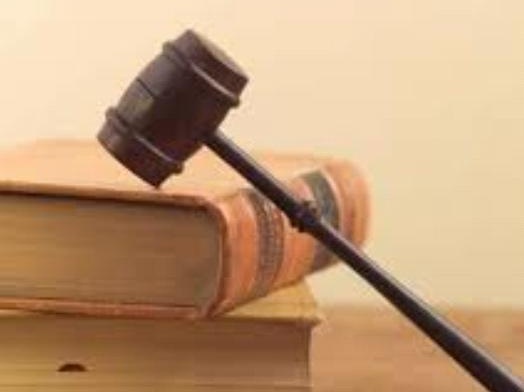Every attorney is compelled to be responsible to maintain the integrity of the legal profession. Every lawyer is bound by a set of legal ethics and they must adhere to them in order to protect the integrity of the profession. Many people have often asked what an attorney should do if they are aware of unethical actions committed on the part of another attorney or legal professional. Are they bound by the law to report these types of actions, or are they exempt? Whenever an attorney becomes aware of unethical actions committed by another legal professional they are required to report the professional misconduct to the ethics committee in New Jersey. Every attorney is required to follow the Rules of Professional Conduct (RPC) including Rule 8.3 which states that a lawyer must report unethical behaviors.
What is RPC Rule 8.3?
Rules of Professional Conduct, Rule 8.3 requires an attorney to report actions which are in violation of the Rules of Professional Conduct to the appropriate professional authority. What defines an inappropriate act? These are actions or behaviors which raise a significant question as to whether the attorney is trustworthy, honest and able to perform their legal duties in an ethical manner. Appropriate authorities should be made aware of any actions performed by an attorney who causes others to question their integrity and ability to handle legal matters honestly. RPC Rule 8.3 is also applicable in those cases where a judge has committed a behavior which is in violation of the rules of judicial conduct. In those instances where an attorney becomes aware that a judge has performed in a way that raises a substantial question as to their ability to perform the duties required by their office the attorney is compelled to report the judge to the appropriate authority.
The American Bar Association define Rule 8.3 as follow:
(a) A lawyer who knows that another lawyer has committed a violation of the Rules of Professional Conduct that raises a substantial question as to that lawyer’s honesty, trustworthiness or fitness as a lawyer in other respects, shall inform the appropriate professional authority.
(b) A lawyer who knows that a judge has committed a violation of applicable rules of judicial conduct that raises a substantial question as to the judge’s fitness for office shall inform the appropriate authority.
(c) This Rule does not require disclosure of information otherwise protected by Rule 1.6 or information gained by a lawyer or judge while participating in an approved lawyers assistance program.
What types of exceptions are there to Rule 8.3?
A lawyer is bound to retain confidentiality with clients and other legal professionals. Rule 8.3 is not applicable to those types of situations which are already provided protection under Rule 1.6. It does not apply to information which is obtained by judges or lawyer who are participating in an approved assistance program for lawyers. Rule 1.6 pertains to disclosing even confidential information in cases where the lawyer has reasonable belief that revealing the information can prevent the bodily harm or death of another individual or their property. Attorneys are also compelled to reveal pertinent information that can rectify consequences that were put in place due to the fraudulent or illegal act of a lawyer or legal representative. Lawyers who have a reasonable belief that information can prevent an individual from committing an act that is fraudulent, illegal or criminal must report it to the authorities. An attorney should disclose information that could protect a client from harming themselves or another; as well as in cases when the information must be revealed in order to comply with other laws.
Reasonable Belief
Reasonable belief is defined as coming to a conclusion based on information that is deemed to be accurate and credible. When information is factual and it constitutes prima facie evidence in a way that leads the lawyer to believe that it is likely that another will be harmed in some way is considered to be reasonable belief. It is very important that the revealing of information be based on situations which are realistically believed to be volatile and there is no reason to doubt that harm could come to another individual or property if the information is not disclosed. Every attorney must report any actions committed by other legal professionals when it is likely that they are unethical even if it appears to be breaking a confidence.




